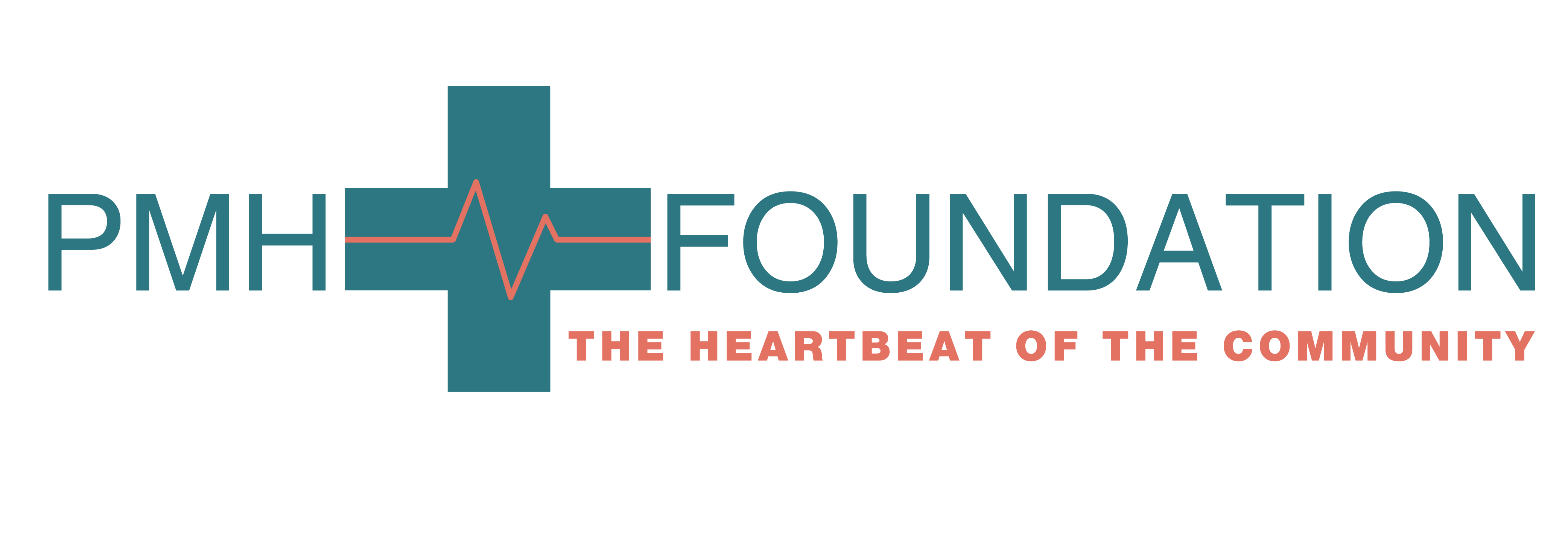The PMH Gynecology Brigade by PMH in Punta de Mita is an essential initiative that benefits both teenagers and adults in the community. This Brigade includes essential services like ultrasounds and Pap smears, which can help detect any underlying gynecological issues and prevent them from escalating.
Pap smears are a vital tool for detecting cervical cancer, a life-threatening disease that affects women worldwide.
Regular Pap smears can detect any precancerous cells early, allowing for early treatment and prevention of cervical cancer.
Moreover, ultrasounds are essential in detecting a range of gynecological issues, from ovarian cysts to uterine fibroids. Early detection of these conditions can help ensure timely treatment, avoiding complications, and improving overall health outcomes.
Teenagers, in particular, stand to benefit significantly from the PMH Gynecology Brigade. This is because they are often at a higher risk of sexually transmitted infections (STIs) and unwanted pregnancies. Access to services like Pap smears and ultrasounds can help detect any STIs early, reducing the risk of long-term health complications.
In conclusion, the PMH Gynecology Brigade in Punta de Mita is a critical initiative that provides essential services to the community. By offering ultrasounds and Pap smears, the campaign helps prevent and detect gynecological issues early, improving overall health outcomes for teenagers and adults alike.
If you live in Punta de mita, Corral del Risco, Emiliano Zapata, Higuera Blanca and surrounding areas contact us to find out the requirements and schedule your appointment.
FAQ´s
- What is Pap smear test
- Who need cervical cancer screening?
- Pap Smear Test Cost
- Who performs the Pap smear?
- Where?
Pap smear test is a simple and fast cervical screening that takes only a few minutes. By putting the speculum into the woman’s vagina and taking some cell samples on the surface of the cervix, they are then sent to the laboratory for testing.
From 21 to 29 years
If you are in this age group, the USPSTF recommends that your first Pap test be done at age 21 and every 3 years thereafter. You do not need a Pap test before age 21 even if you have started having sex.
from 30 to 65 years
If you are in this age group, the USPSTF recommends that cervical cancer screening be done by one of the following methods:
HPV test every 5 years.
Combined HPV and Pap test every 5 years.
Pap test every 3 years.
The updated ACS guidelines for cervical cancer recommend starting screening at age 25 with an HPV test and repeating HPV testing every 5 years until age 65. However, it is still acceptable to have a joint HPV and Pap test every 5 years or a Pap test every 3 years. For more information about the reason for these guideline changes, see The American Cancer Society’s Recommendations for Cervical Cancer Screening Explained.
Over 65 years
If you are in this age group, check with your health care provider to see if these tests are still needed. He or she may recommend that you stop getting regular screenings if the results have been normal. But if recent results were abnormal, or if you don’t get tested regularly, you may need to continue screening after age 65.
At The PMH Gynecology Brigade by PMH only cost $100
It´s performs by Dr. Sandra Llerena Legaspi
At PMH Facilities

